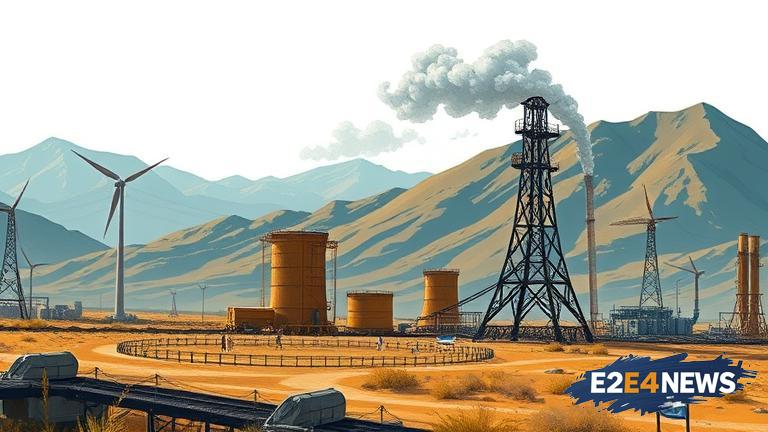The energy landscape is undergoing a significant transformation, with renewable energy sources gaining traction and fossil fuels facing increasing scrutiny. However, despite the growing emphasis on sustainability, fossil fuels are likely to remain a dominant force in the energy mix for the foreseeable future. This reality is particularly pertinent for Gen Z, who will inherit the consequences of the energy choices made today. The International Energy Agency (IEA) predicts that fossil fuels will continue to account for approximately 70% of the world’s energy supply by 2040. This projection is based on current trends and policies, which prioritize economic growth and energy security over environmental concerns. The persistence of fossil fuels in the energy mix is largely driven by the lack of viable alternatives for certain industries, such as aviation and shipping. Moreover, the increasing global demand for energy, particularly in developing countries, will continue to be met primarily by fossil fuels. The role of fossil fuels in Gen Z’s future is further complicated by the fact that many renewable energy sources are not yet economically viable or technologically advanced enough to meet the world’s energy needs. While solar and wind power have made significant strides in recent years, they still face intermittency and storage challenges that limit their widespread adoption. In contrast, fossil fuels offer a reliable and established source of energy, albeit with significant environmental drawbacks. The environmental impact of fossil fuels is a major concern, with climate change, air pollution, and water contamination being just a few of the negative consequences associated with their extraction, transportation, and combustion. Despite these risks, many experts argue that fossil fuels will continue to play a crucial role in the energy mix, particularly in regions where access to renewable energy is limited or unreliable. The implications of this reality are far-reaching, with significant consequences for Gen Z’s future, including potential health risks, economic burdens, and environmental degradation. Furthermore, the continued reliance on fossil fuels will also hinder efforts to mitigate climate change, which is already having devastating impacts on communities around the world. The need for a balanced approach that takes into account both economic and environmental considerations is essential, as the world navigates the complex and often conflicting demands of energy security, sustainability, and economic growth. Ultimately, the future of energy will depend on the ability of governments, industries, and individuals to work together to develop and implement sustainable solutions that prioritize both the environment and the economy. The fate of Gen Z’s future hangs in the balance, as the world grapples with the challenges and opportunities presented by the energy transition. As the energy landscape continues to evolve, one thing is certain: the choices made today will have a lasting impact on the world of tomorrow.
Sun. Sep 7th, 2025





